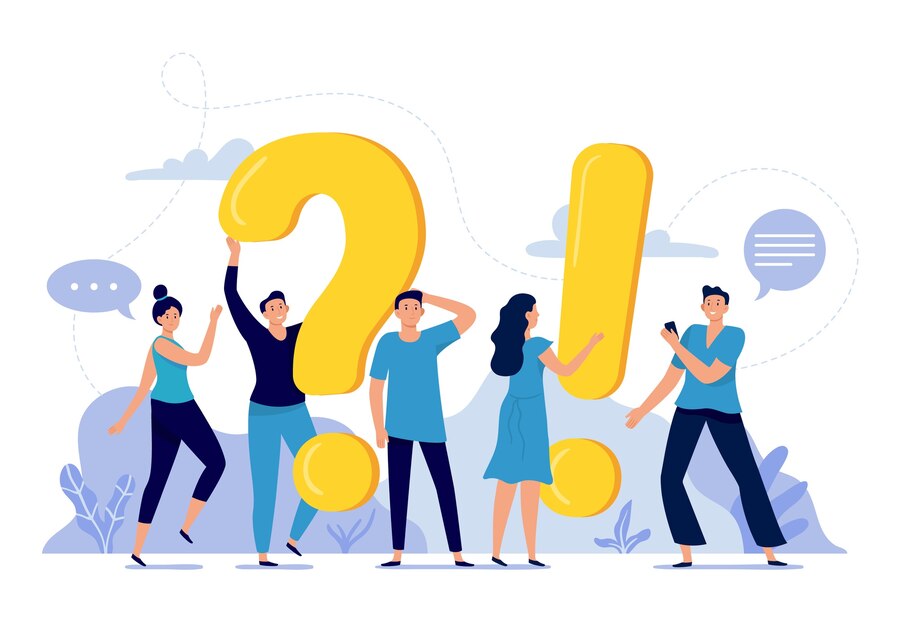Table of contents
In a rapidly changing world, lifestyle trends have evolved far beyond fashion and home decor. Today, they reflect deeper cultural shifts, values, and technologies that shape how we live, work, and connect with one another. The evolution of lifestyle isn’t just a story of changing habits—it’s a reflection of how society itself transforms over time.
From the minimalist movement to digital nomadism, and from wellness culture to eco-conscious living, lifestyle trends influence our priorities, social behaviors, and even the global economy. Let’s take a closer look at how these shifts occur, why they matter, and what they mean for the future.
Understanding the Evolution of Lifestyle Trends
Lifestyle trends emerge from the intersection of technology, culture, economics, and human needs. The evolution of lifestyle over the decades reveals how society adapts to challenges and embraces innovation. It’s a dynamic cycle influenced by:
- Technological Advancements: Smartphones, apps, and social media have reshaped how we communicate, shop, and even date.
- Economic Factors: The rise of remote work, the gig economy, and financial independence movements have redefined career and life goals.
- Cultural Shifts: Changing attitudes toward health, gender roles, and the environment have birthed new norms around sustainability, body positivity, and holistic wellness.
- Globalization: Exposure to global cultures has blended traditions and inspired more diverse lifestyle choices.
- Generational Values: Each generation brings its own priorities—Millennials favor experiences over possessions, while Gen Z focuses on inclusivity and mental health.
Key Lifestyle Trends That Have Redefined Society
1. Remote Work and Digital Nomadism
Technology has allowed professionals to break free from the 9–5 office model. The pandemic accelerated this shift, creating an entirely new culture around work-life balance and travel. This trend reflects a growing desire for freedom, flexibility, and personal fulfillment.
2. Wellness and Mindfulness Culture
From yoga and meditation apps to clean eating and self-care routines, wellness is now a central pillar of modern living. This shift has had a major societal impact—prompting employers, schools, and governments to address mental health and well-being more seriously.
3. Sustainable and Eco-Friendly Living
The rise of climate consciousness has influenced everything from how we shop to how we build homes. People are now making eco-conscious choices—buying local, reducing waste, and choosing renewable energy—which has pressured businesses to follow suit.
4. Minimalism and Decluttering
Inspired by movements like Marie Kondo’s “spark joy” philosophy, people are reevaluating the role of material possessions in their lives. Minimalism promotes intentional living, financial freedom, and reduced stress—values that resonate deeply in a hyper-consumerist society.
5. Social Media and Digital Influence
Social platforms have given rise to influencers, digital communities, and virtual lifestyles. While this connects people globally, it also brings challenges like comparison culture, digital burnout, and misinformation.
How These Trends Impact Society
The evolution of lifestyle trends affects individuals and communities in tangible ways:
- Economic Shifts: E-commerce, remote work, and gig jobs are reshaping labor markets.
- Environmental Awareness: Lifestyle changes are influencing environmental policies and product innovation.
- Mental Health Focus: The normalization of therapy, meditation, and mental health conversations is reducing stigma.
- Cultural Integration: Cross-cultural appreciation through food, fashion, and media is fostering global understanding.
- Social Values: New lifestyles challenge old norms, encouraging greater acceptance, diversity, and empathy.
FAQs About the Evolution of Lifestyle

It refers to the way habits, values, and routines change over time due to social, technological, and cultural influences.
They shape behavior, consumer demand, policies, and the economy. They also reflect what people value in a given era.
They accelerate trend adoption by spreading ideas quickly, enabling influencers to set and promote new lifestyle standards.
Not always. While some trends promote wellness and growth, others can lead to consumer pressure, unrealistic expectations, or environmental harm.
Stay informed, align trends with your values, and be selective. Focus on authenticity and balance over trend-chasing.
Final Thoughts: Embracing the Evolution of Lifestyle
The evolution of lifestyle is a powerful mirror of who we are and what we aspire to be. While trends come and go, the deeper cultural shifts they represent help us grow as individuals and as a society. By staying aware and intentional about the choices we make, we can create lifestyles that are not only on-trend but also meaningful and sustainable.
As we move into the future, one thing is certain—lifestyle evolution will continue to redefine how we live, work, connect, and thrive. The key is not just to follow trends, but to shape them with values that inspire progress and inclusivity for all.





